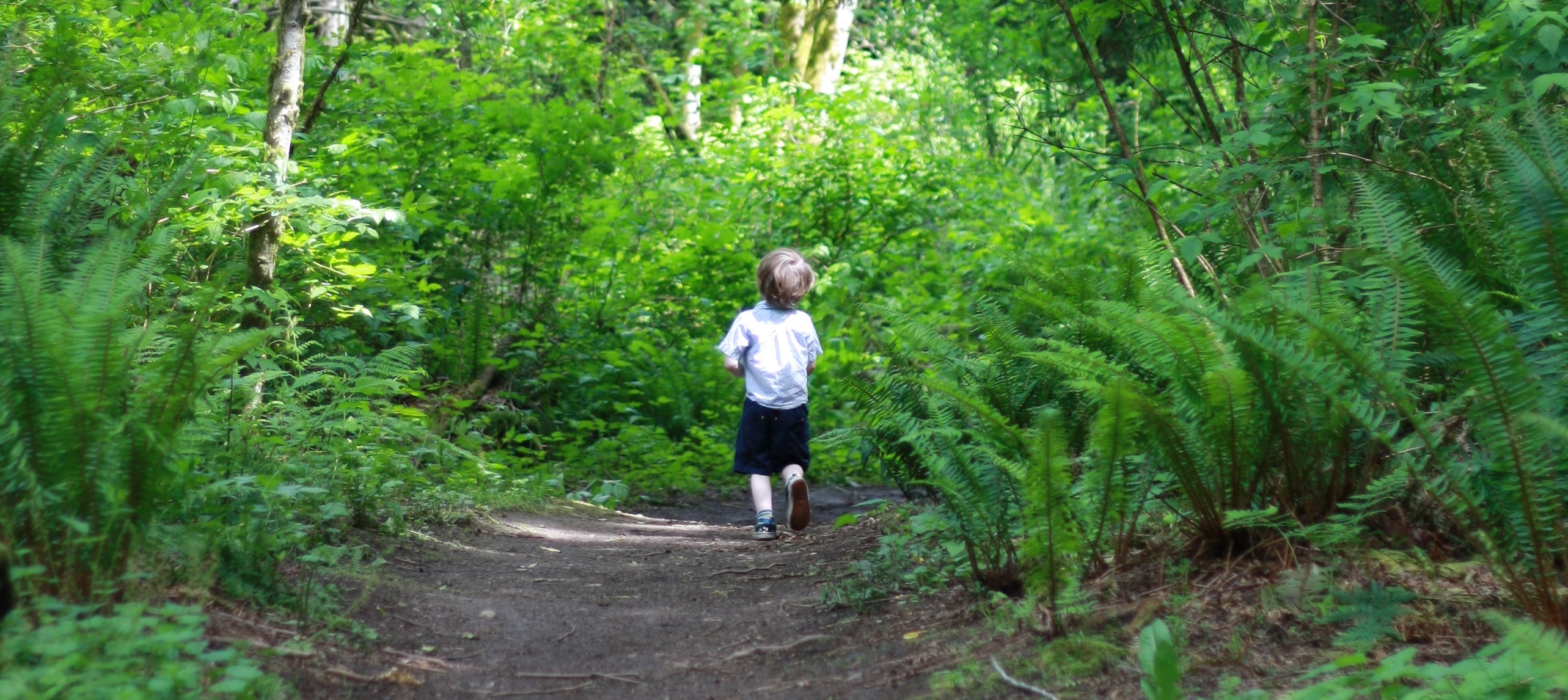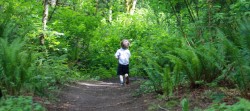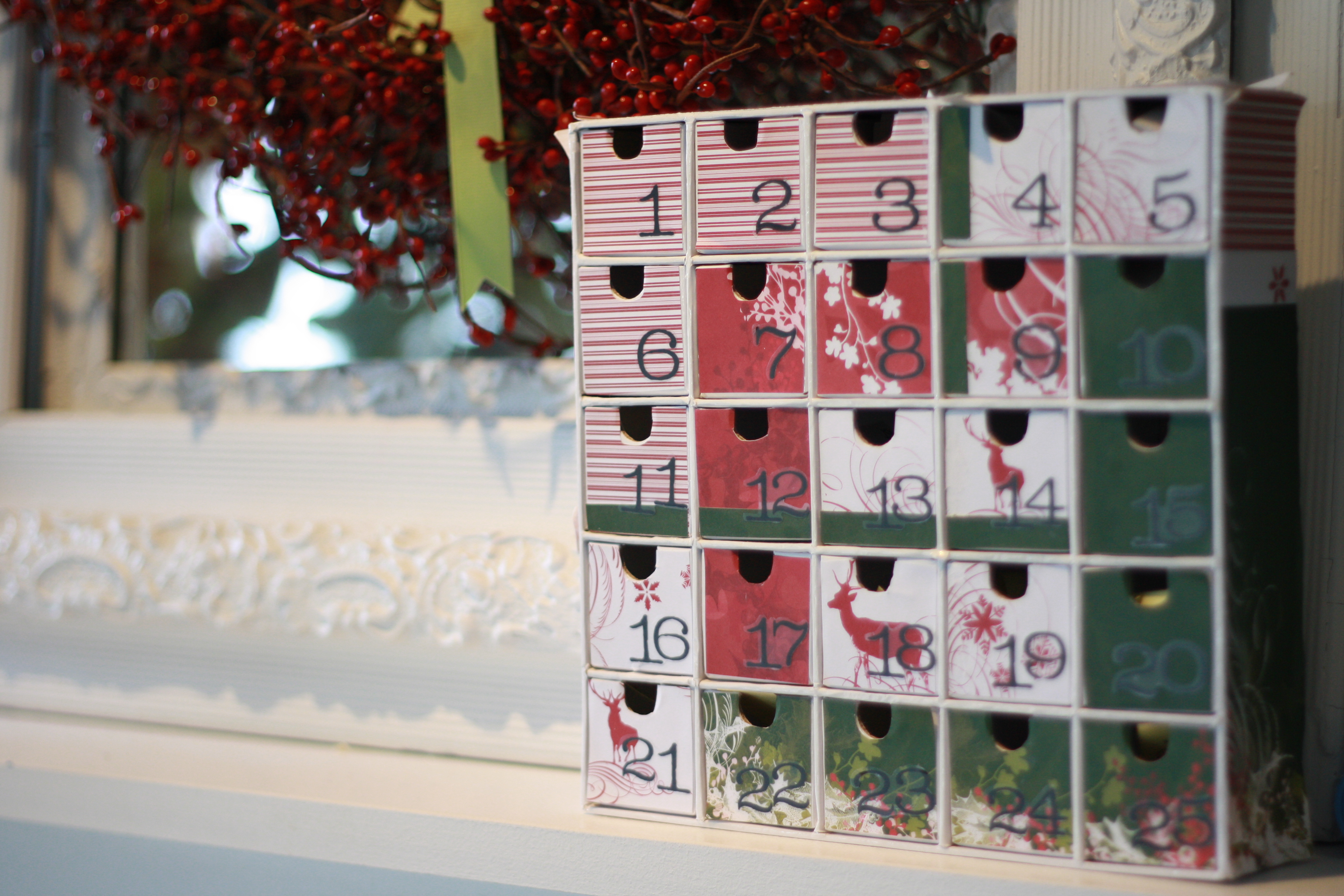


Nature Connections: Autumn Makes My Heart Sing
Because autumn is my favourite season, and the photos mostly speak for themselves. An almost Wordless Wednesday.
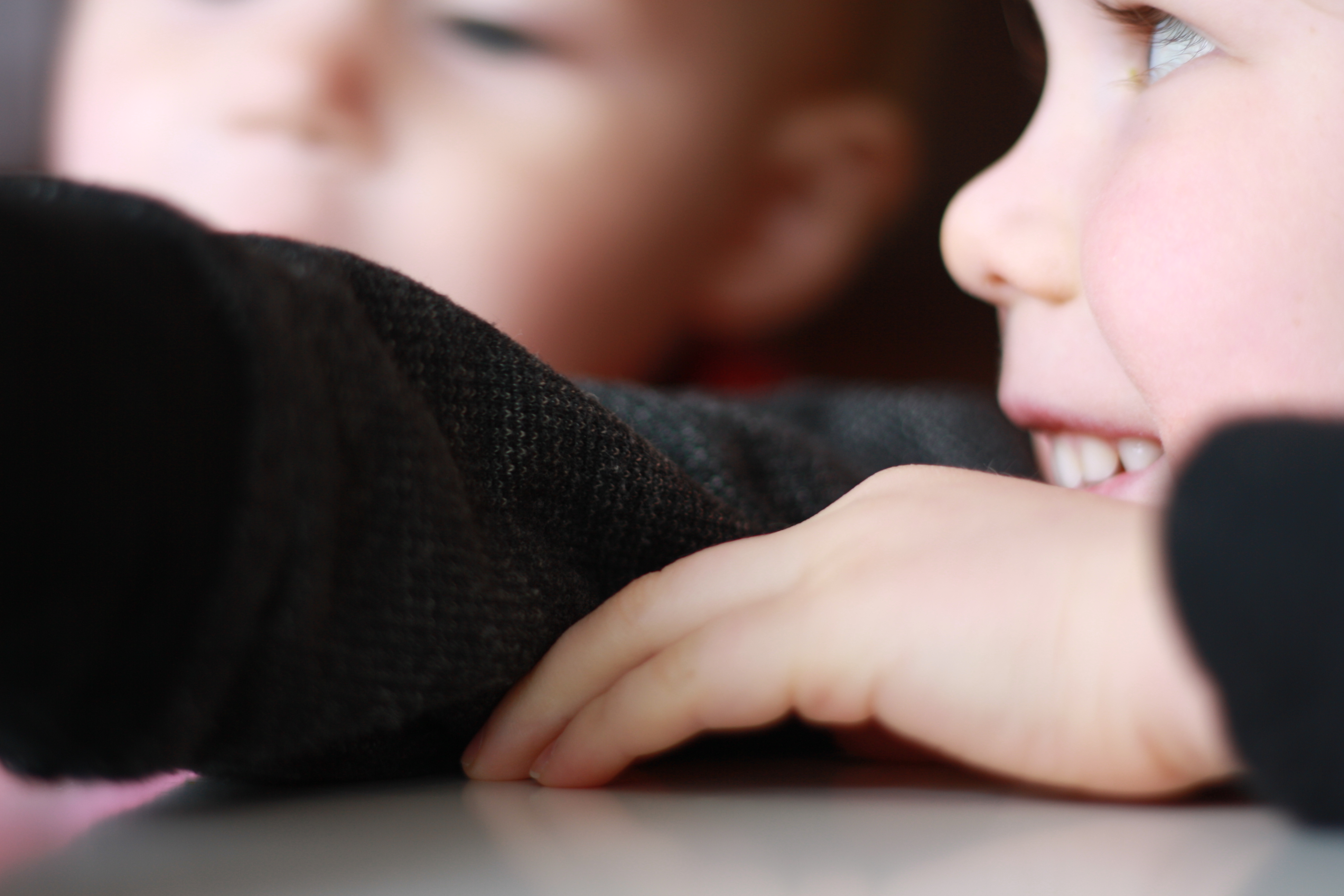
Self-Control, NutureShock, Tools of the Mind & Homeschoolers
I have recently been reading the book, NutureShock, by Po Bronson and Ashley Merryman. I’ll admit, I haven’t finished it yet, but it’s already got my mind whirring. Essentially, it is a subject-by-subject look at emergent research in the field of child development. Each chapter covers a different topic, and summarizes and extrapolates from new research being done in that field. Topics covered include, Self Control, Lying in Children, Language Development, and Sibling Rivalry. All of the chapters I have read so far have been fascinating, and sometimes, enlightening. Last night, as I finished the chapter on self-control, my mind was whirring. It hit home with me, in particular, as I have a very active boy, who sometimes finds it hard to sit still. Sound familiar? I’m guessing a good half of people (or more) with young boys (or children) can relate. Anyways, as I read over the research on the Tools program, I started thinking about how some of their findings could apply in a homeschool setting. Here’s a quick overview. Tools of the Mind is a program that was founded in 1993, by researchers from the Metropolitan State College of Denver. Read more about it’s history here. The program combines two critical elements, play and self-control. From what I understand from Nuture Shock, these are some of the things it incorporates: 1. Learner Choice. Children are asked to choose what role they will play in the active / imaginative play in the classroom. Although topics are chosen, children choose their own individual roles. The example they give: children are told they will be playing firefighter. They are...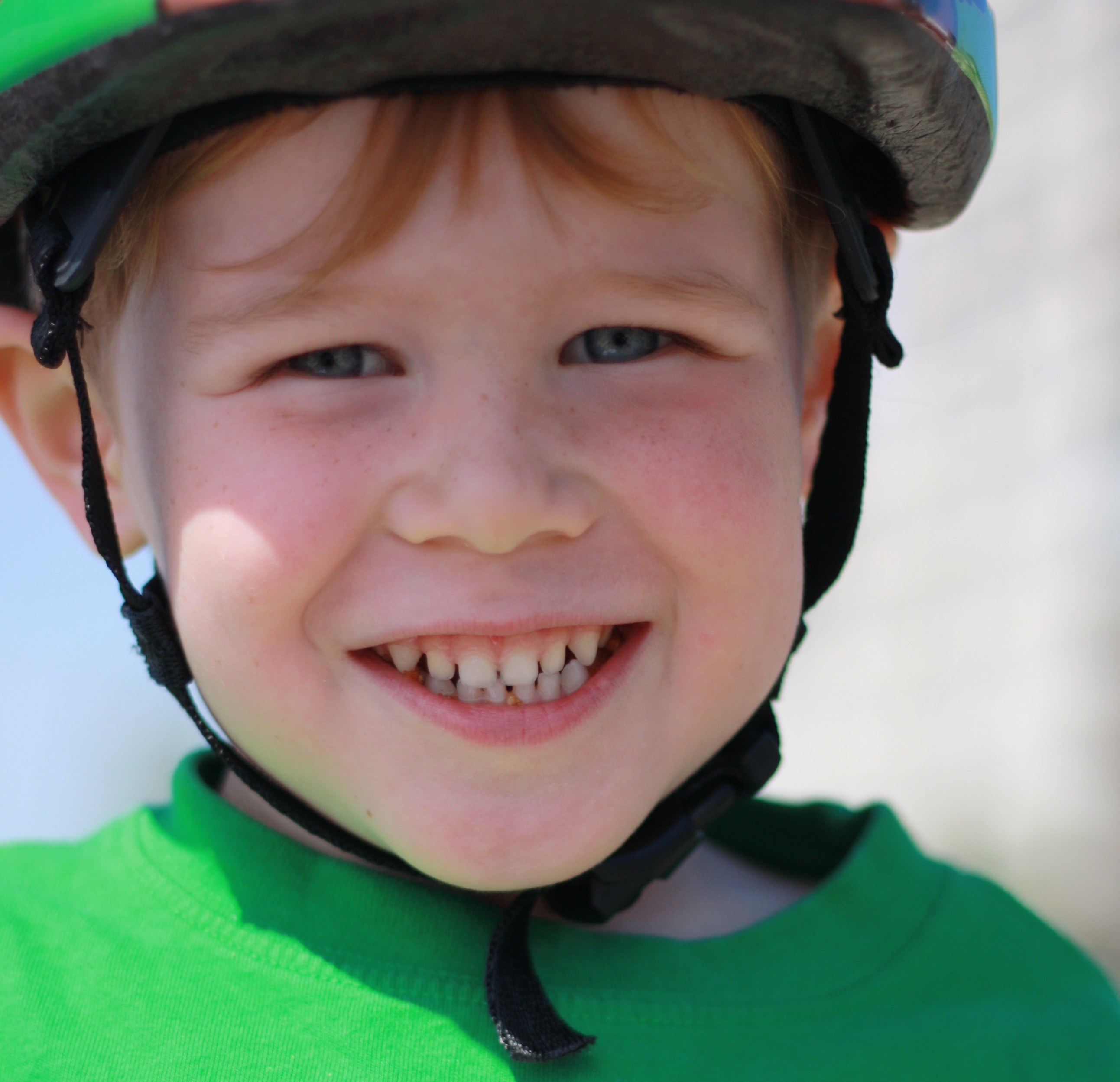
What Really Makes Our Kids Happy?
Just finished reading a fascinating article about a UNICEF study on the health and well-being of children in the UK, Spain and Sweden. Among other things, the study found that children in the UK had the lowest well-being, and that much of that was related to two things: family time, and consumerism. The study concluded that one of the reasons children in the UK were less happy, was because of the tremendous financial pressures on their parents. The study found that the country, as a whole, did not value family time in the same way that Spain and Sweden do. With less support for working parents, and wages that don’t allow for flexibility in scheduling and work load, the UK is a harder place for families. However, the study also found that parents in the UK were under more pressure to provide “stuff” for their children, in the way of material goods: brand name clothing, technology etc. And, on top of that, many well-meaning parents were providing their children with this stuff as a replacement for the time they aren’t able to spend with their kids. “Consumer culture in the UK contrasts starkly with Sweden and Spain, where family time is prioritised, children and families are under less pressure to own material goods and children have greater access to activities out of the home,” said the report. The article I read suggested that the study was a good reminder for North American parents as well. It is hard to imagine that American and Canadian parents aren’t feeling many of the same pressures as UK families, and that they aren’t reacting...
Thoreau for Children: The Books of D.B. Johnson
As a children’s librarian, I have had the opportunity to explore and recommend all kinds of wonderful books. As a parent, I have come across even more. One of my favourite things to do, is recommend picture books to older children. Often, people assume that once a child is reading, picture books are no longer necessary. I would like to reiterate just how wrong they are! Especially in this day and age, there are so many absolutely wonderful, beautiful picture books for older children and adults to enjoy. One picture book series that has captured my heart of late is the Henry series, by D.B. Johnson. His picture books tell the simple tale of a bear, and his days living in the country, at a place called Walden Pond… Sound familiar? These books are delightfully illustrated, with a cubist influence, and the rich, deep colours of nature. Each page is full of little details and creatures to spy. Henry the bear is a delightful character – modelled after Henry David Thoreau himself. He is friendly, neighbourly, and quirky, in the way his namesake must have been. One book (Henry Walks to Fitchburg) tells the tale of Henry’s walk to Fitchburg. His works all day to pay for the train to Fitchburg. Henry decides to walk there instead. They both arrive at the same time, but you can guess who had the more rewarding day… Another, Henry Works, is all about perspective. Henry spends the day “walking to work,” only to end up back at home, to begin his work – writing. His whole day, of course, has been spent working...